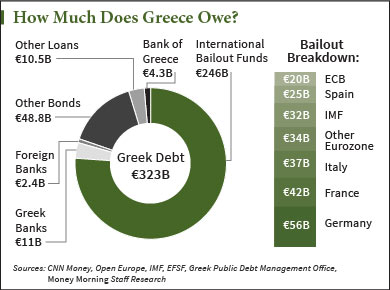"Bild am Sonntag" said on today Sunday July 12 that it inspected a "confidential
letter" provided by Germany's foreign intelligence services - the BND -
to the domestic intelligence agency - the Verfassungsschutz - outlining a
"suspected" attack on European arms manufacturer European Aeronautic Defence and Space Company (EADS) from American soil.
"From a foreign intelligence service, the BND received information about a suspected data tap at EADS Germany," the letter is reported to have said.
The German news outlet claimed that it was the first shred of evidence of a 2011 cyberattack on the French-German manufacturer, headquartered in Munich, since the onset of collaboration between the US National Security Agency (NSA) and the BND.
"Bild am Sonntag" reported that on November 2, 2011, hackers planted a spy program on the computers of EADS, during which 5,116 "connections" were said to have been found between the company's computers and the US-based "aggressors."
Germany's Protection of the Constitution committee informed EADS - now known as the Airbus Group - that their networks may have been compromised by the apparent attack, which had been initially traced to a server in Los Angeles.
Read more: Report: Evidence of 2011 US cyberattack on defense giant EADS in Germany | News | DW.COM | 12.07.2015
"From a foreign intelligence service, the BND received information about a suspected data tap at EADS Germany," the letter is reported to have said.
The German news outlet claimed that it was the first shred of evidence of a 2011 cyberattack on the French-German manufacturer, headquartered in Munich, since the onset of collaboration between the US National Security Agency (NSA) and the BND.
"Bild am Sonntag" reported that on November 2, 2011, hackers planted a spy program on the computers of EADS, during which 5,116 "connections" were said to have been found between the company's computers and the US-based "aggressors."
Germany's Protection of the Constitution committee informed EADS - now known as the Airbus Group - that their networks may have been compromised by the apparent attack, which had been initially traced to a server in Los Angeles.
Read more: Report: Evidence of 2011 US cyberattack on defense giant EADS in Germany | News | DW.COM | 12.07.2015


